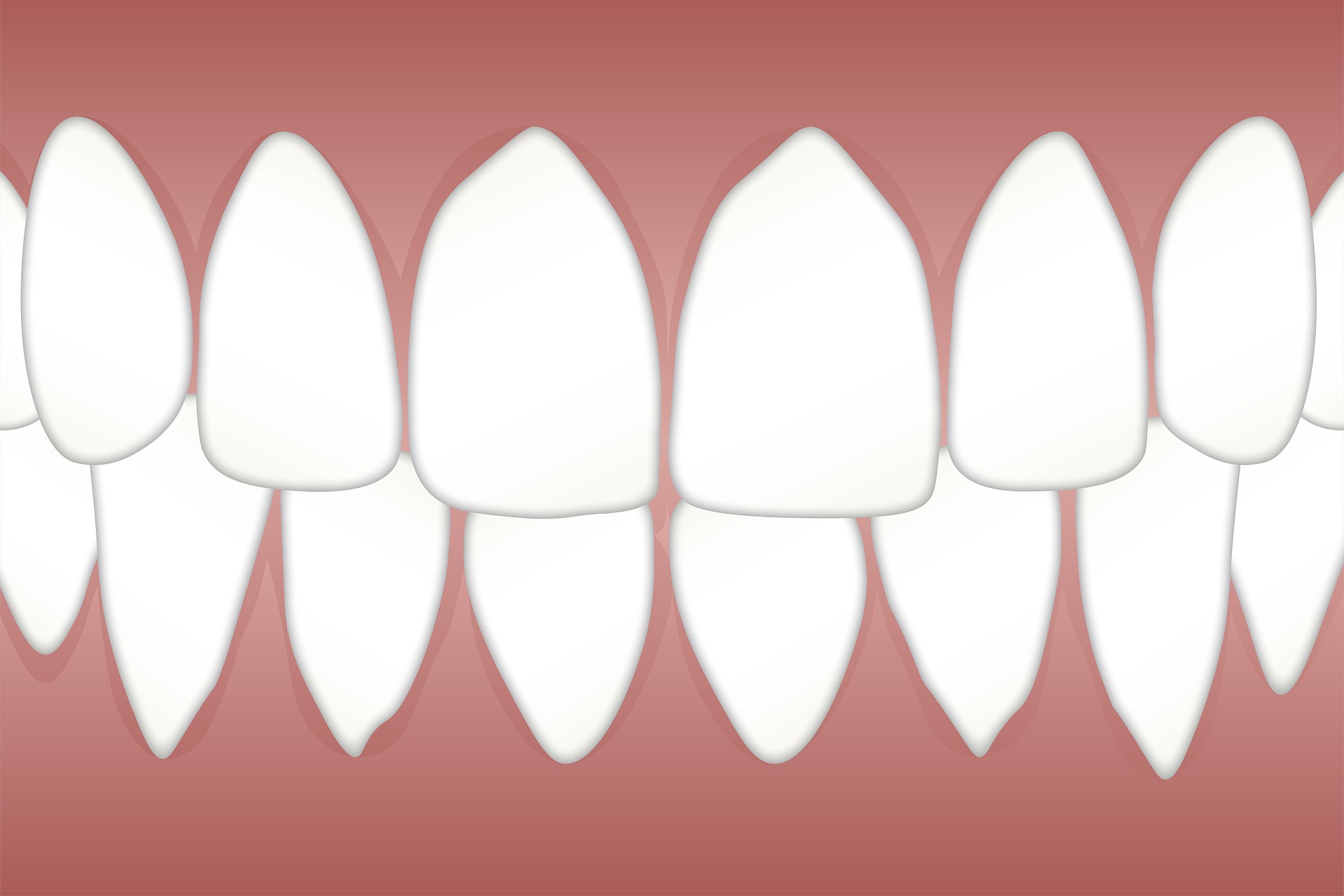Gum disease or gingivitis, a periodontal disease, affects many adults due to infection of the tissues that hold the teeth in place with due support. Periodontal disease affects almost 50% of the US population above the age of 30, as confirmed by the Centers for Disease Control and Prevention (CDC). Although some researches show that some other diseases or medical conditions like bacterial pneumonia, stroke, and cardiovascular problems might have a relation to gum disease, it is yet not conclusively established. However, there is no doubt that good oral health influences overall health.
What causes gum disease?
Plaque is a sticky substance or bacteria which forms a layer on teeth and keeps growing. Improper or irregular brushing and not cleaning the gaps between teeth and gums can allow plaque to grow, resulting in irritation and inflammation of gums. The irritated gum tissues tend to move away from the teeth and create spaces called pockets. Bacteria thrive inside the pockets and irritate the gums even more. Ignoring the condition or leaving it untreated will allow the process to continue, ultimately destroying the tooth-supporting tissues and the bone. During the early stages of periodontal disease, dentists recognize it as gingivitis. As the disease progresses, it shows some signs unmistakable signs that warn people about the impending danger.
Signs of gum disease
Inflamed and bleeding gums, during brushing or other times, and bad breath are some of the sure signs of gum disease. Gums become tender and reddish due to the bacterial infection, which can bleed at the slightest touch. Sometimes there might be pus between the teeth and gums, which forms an abscess.
Periodical dental cleanings can prevent gum disease
Plaque formation can turn into a hard mass called tartar or calculus, which can lead to gum disease if left untreated. Only proper dental cleaning at least two times a year can prevent periodontal disease. A licensed hygienist can carry out the cleaning procedure while dentists can perform it by using specialized techniques and tools. Daily brushing and flossing are often not enough to ensure proper cleaning, necessitating professional dental cleaning that can clean teeth inside out.
The hygienist or the dentist has the skills and training to clean the teeth effectively by removing tartar developed around the teeth while removing the stains. In case of emergency, you can visit a dentist open 24/7. Regular cleaning not only cures gum disease but prevents it too.
Special tools help to remove tartar and calculus
During brushing, the bristles rub against the teeth lightly and often fail to remove plaque altogether. Moreover, the toothbrush’s bristles cannot reach the deeper parts of the mouth, where tartar buildup continues. Children are often unable to follow the correct brushing techniques and can suffer from gum disease, which a pediatric dentist in Greensboro, NC, can treat effectively.
Brushing is effective until the plaque hardens and turns in a hard mass of tartar or calculus. But once tartar is visible around the tooth, only deep cleaning can remove it effectively. By using special dental tools explicitly created for removing tartar, the dentist uses the proper cleaning techniques to remove the hardened mass altogether. The dentist uses scalers which are special tools to scrape away the tartar from the teeth. It uncovers the underlying gum tissue, which the bristles of a toothbrush can reach easily, and by ensuring proper brushing techniques, you can keep your teeth clean.
What to expect from periodical dental cleaning
Do not wait for the calculus to form before you reach out for a professional dental cleaning. Instead, follow a schedule of dental cleaning twice a year to prevent tartar formation and eliminate the chances of gum disease. Despite brushing and flossing your teeth daily in a correct manner, a thin, almost invisible layer of plaque sticks to the teeth, which, if ignored for some time, will form tartar or calculus. Tartar formation increases the chances of periodontal diseases.
Periodontal dental cleaning, also known as planning or scaling, eliminates the chances of tartar formation and maintains the best oral hygiene so that your gums are healthy and support the teeth properly.
Maintain your oral hygiene
After the deep cleaning process, the dentist educates patients about maintaining oral hygiene to eliminate the possibility of gum disease. The dentist advises patients about selecting the correct type of toothbrush, toothpaste, and floss by considering patients’ specific needs. Teaching patients about the proper techniques of brushing and flossing is also a part of the treatment because the dentist wants to prevent periodontal diseases. The dentist would also recommend some mouth wash and other dental products that help improve oral hygiene and avoid tooth decay.
Periodical dental cleaning includes a thorough examination of the mouth cavity, which helps to detect other dental problems early and avoid problems later.
This is a Contributor Post. Opinions expressed here are opinions of the Contributor. Influencive does not endorse or review brands mentioned; does not and cannot investigate relationships with brands, products, and people mentioned and is up to the Contributor to disclose. Contributors, amongst other accounts and articles may be professional fee-based.

